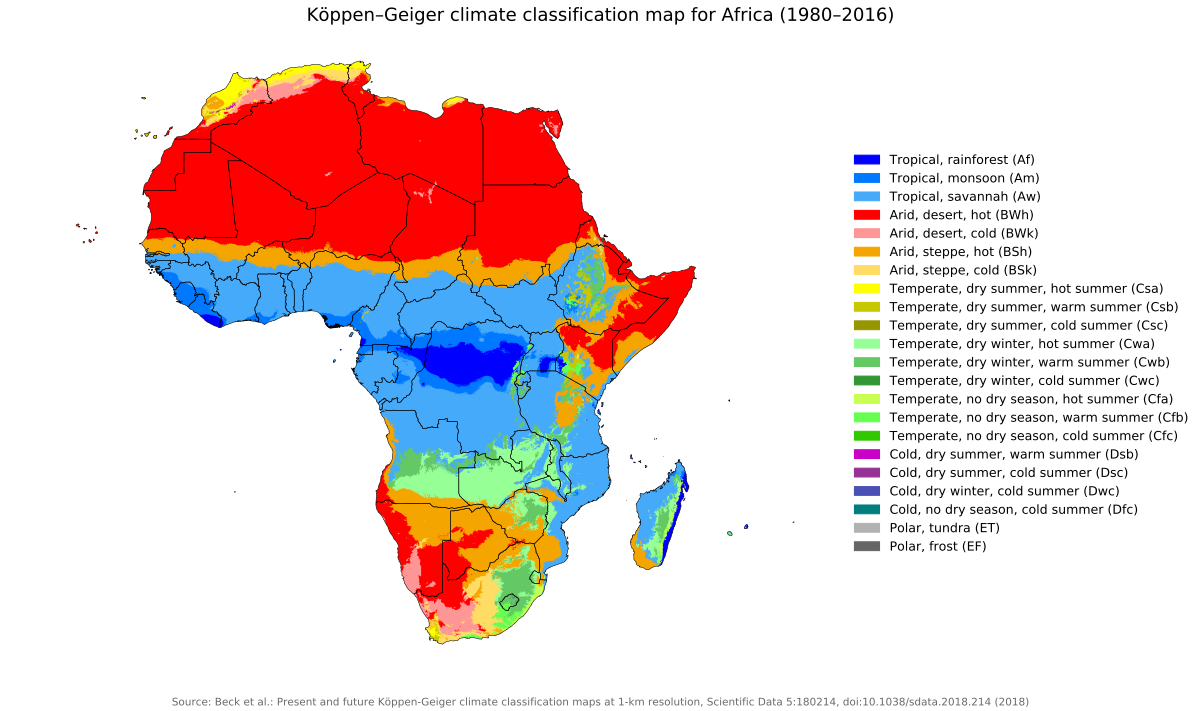H
Hugh_Farey
Guest
Thanks, Philipl, I have done just that. I found Eric Metaxas on “Does Science Argue for or against God?”. Although the blurb states that science “says that the chance life exists at all is less than zero,” which is mathematically rather unsound, the talk itself is quite reasonable. However, it does claim that there are 50 parameters for life to appear on a planet, without quantifying more than 3. Still, I pursued the idea, and find that ‘Godandscience.org’ lists 68, which seems quite impressive. Unfortunately, however, very few of these constitute independent factors - most of them follow inevitably from others, and so cannot be ‘multiplied in’ to the equation. Some of the factors are absurd: for example, although the list purports to be the factors for the emergence of life at all, one of the factors is “frequency and extent of forest and grass fires”. So life cannot appear on a planet at all unless it already has forest fires? This kind of thing does not do the alleged ‘science’ behind all this many favours.
The end result of all this is that there is a finite probability for life to have appeared on other planets, but, obviously not very often, and not sufficiently close for us to be able to detect it.
However, your greater point, I think, is that all this points towards some kind of God as being the prime mover, and there I couldn’t agree with you more. The question, I think, should have gone beyond “Does Science suggests that God exists?”, and started working on “Can Science tell us anything about God?” apart from the fact that he exists. I think it can, and I think it points more towards Evolution than Creationism as his Modus Operandi as it applies to life.
The end result of all this is that there is a finite probability for life to have appeared on other planets, but, obviously not very often, and not sufficiently close for us to be able to detect it.
However, your greater point, I think, is that all this points towards some kind of God as being the prime mover, and there I couldn’t agree with you more. The question, I think, should have gone beyond “Does Science suggests that God exists?”, and started working on “Can Science tell us anything about God?” apart from the fact that he exists. I think it can, and I think it points more towards Evolution than Creationism as his Modus Operandi as it applies to life.


